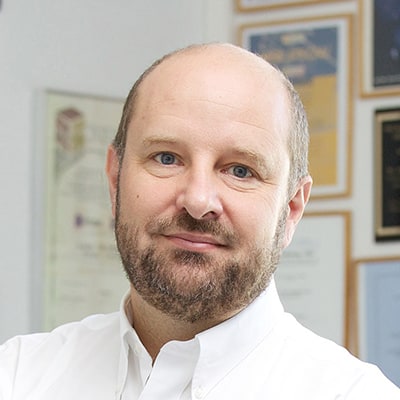While healthcare systems and governments around the world struggle to manage the COVID-19 pandemic, many questions remain unanswered. For example, what proportion of the population has already been infected with the SARS-CoV-2 virus, or in what ways does immunity develop? In particular, we don’t know how long antibodies are present in the blood after an infection or the concentration of antibodies required to protect us against COVID-19.
To enable a fast response to the pandemic, its epidemiology needs to be understood and quantified. Rapid data collection is urgently needed, as are representative and reliable findings. While several seroprevalence surveys are underway around the world, there is still a lack of robust results. When PCR (polymerase chain reaction) diagnostics are used, for example, there is a high proportion of false negatives, which will compromise results.
An interdisciplinary team at the University Hospital Zurich (USZ) has thus initiated the Understanding the Heterogeneity of the SARS-CoV-2 Immune Response project, which aims to shed light on the dynamics of the COVID-19 pandemic by accurately assessing its reach, determining the degree of immunity of the population, identifying risk factors for infection and severe courses of the disease, and determining the efficacy of vaccination campaigns.
For their analyses, the research team will utilize the blood samples of around 200,000 individuals who were treated at USZ or visited the regional blood donation organization (Blutspende SRK Zürich). The mass screening will be representative for the population of Zurich’s metropolitan area. To enable a rapid and detailed evaluation, the research team is using innovative methods from immunology and molecular biology as well as deep learning algorithms. In addition, they have developed their own antibody test, TRABI (tripartite automated blood immunoassay), which is completely automated and highly sensitive.
The project will ultimately lead to a greater understanding of the immune response and the evolution of immunity over time, and will help to determine the risk of reinfection. The researchers hope that their findings will inform health policy decisions so that an evidence-based public health strategy with tailored measures can be defined.
The study is being led by NOMIS Awardee Adriano Aguzzi at the University Hospital Zurich in Switzerland.



